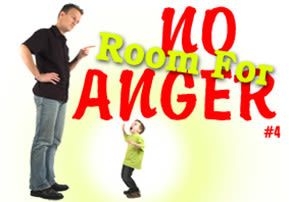
No Room for Anger
Whatever a parent does, a child construes as accepted norm of behavior. Violent parents can't expect calm and peace-loving children.

Education with Love, Part 4
Double Standard
Let's look at another phenomenon of the double standard in child education. Suppose the kids are quarreling and fighting with each other. One hits the other. The parents yell, “Don't hit each other,” or “stop kicking each other!” Hold on, one second – if that parent himself slaps the kids, then how can he demand that the children not to hit each other? Whatever a parent does, a child construes as accepted norm of behavior. Violent parents can't expect calm and peace-loving children.
The Torah in Parshat Shmot teaches that a person who merely threatens to hit – even if he only raised his hand as a gesture – a wicked person.
There is no justification for anger or for physical punishment in child education. There is no justification for hitting a child. Often, parents slap kids because they don't know of any other educational or disciplinary solution. Our sages teach us that when you don't know what to do, sit and do nothing. That way, you don't do damage.
Cursing, anger, threats, and violence have no place in child education. Rav Shalom Arush says that if you can educate your kids, do so! If you can't without resorting to anger and violence, then don't do anything! Better no education at all than “educating” with anger and turbulence.
That brings us to our third point: The most important factor in child education is Shalom Bayit. It doesn't matter if the parent is an expert educational psychologist, if there's no Shalom Bayit , the kids will grow up with problems. On the other side, let's take the extreme opposite situation, where the mother and father know nothing about educating children, but they leave in peace, harmony, and marital bliss. Their children will automatically grow up to be calm, confidant, and well adjusted.
Two major problems arise in the future among children that were raised in turbulent homes: either they don't want to get married at all, or they themselves have marital difficulties unless they've made a concerted effort to make tshuva and to learn what the Torah really expects from a Jewish household, namely, an atmosphere of peace, consideration, holiness, and understanding. Anger, criticism, and hitting have nothing to do with peace, consideration, holiness, or understanding.
The Unfair Trial
Let's talk about peace among siblings. Parents have to remember the Torah's commandment not to listen to one side. The old saying says the wheel that squeaks gets the grease. Some children aren't so dramatic, but others run crying to their parents every time a brother or sister does something to them. Sometimes a frown from an older brother gets blown out of proportion, "He hit me!" the little brother wails. If a father reacts rather than thinks, he yells or hits the older child without even asking to hear the older child's side of the story. This is a double Torah transgression. A judge has to know the facts and must listen to both sides. Parents – especially those that don't live their lives according to Torah (including some so-called religious parents) sometimes make tragic mistakes and punish innocent children while letting the guilty culprits get away with murder. The father didn't give the big brother a chance to say that the little brother destroyed a model airplane that it took the big brother 6 painstaking hours to build. That's just a small example of injustice in the family; when the child is a victim of injustice, he or she will resent and even despise the parent, and rebel at the first opportunity.
Second-marriage Blues
A painful area that I often have to deal with is children from second marriages. This is a minefield when it comes to Shalom Bayit. The husband comes into a marriage with his children, and the wife comes in with hers. If they want to have Shalom Bayit , then they should know this solid law: One cannot discipline another person's child. If it's bad to criticize your own children, then it's a disaster to criticize the spouse's children. Every parent has a natural love and protective feelings for his or her children. Even if you're right, the other side will be insulted. And, if you try to educate the spouse's children and you make a mistake, then your Shalom Bayit is right out the window. The Evil Inclination loves situations like this to make havoc at home. So, as far as the spouse's children are concerned, don't try to educate them, certainly don't criticize, and just try to treat them with chesed, lovingkindness. Once again, in any case where a husband and wife have some seemingly irreconcilable gap, they should consult a qualified rabbinical counselor that can help them in such matters.
To be continued, G-d willing…




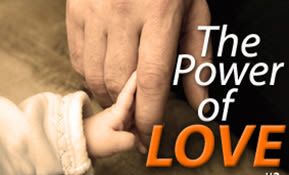
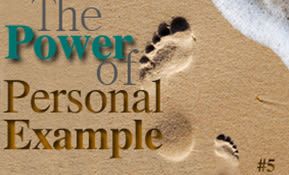
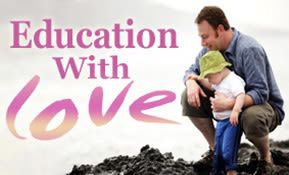

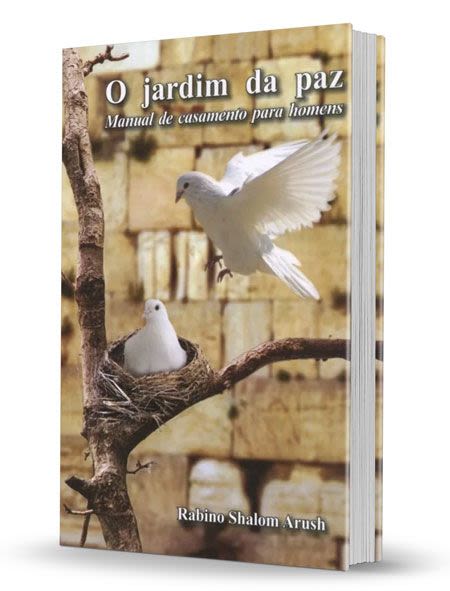

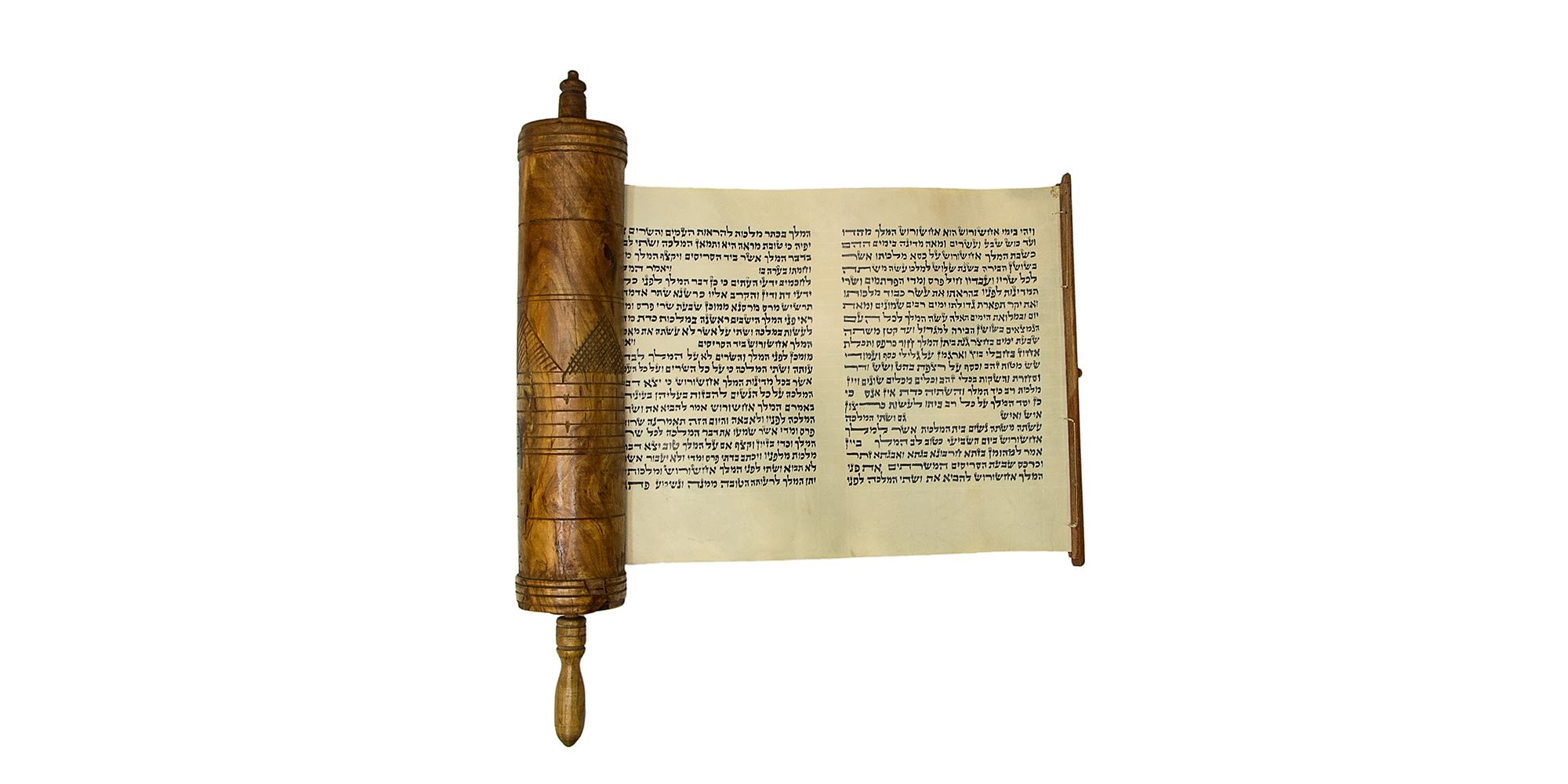

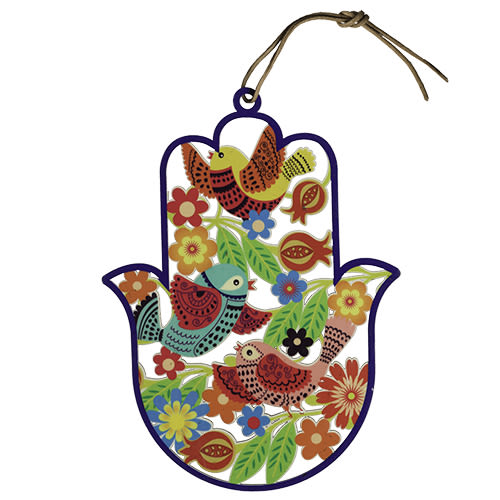
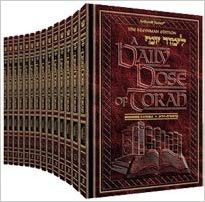
Tell us what you think!
Thank you for your comment!
It will be published after approval by the Editor.